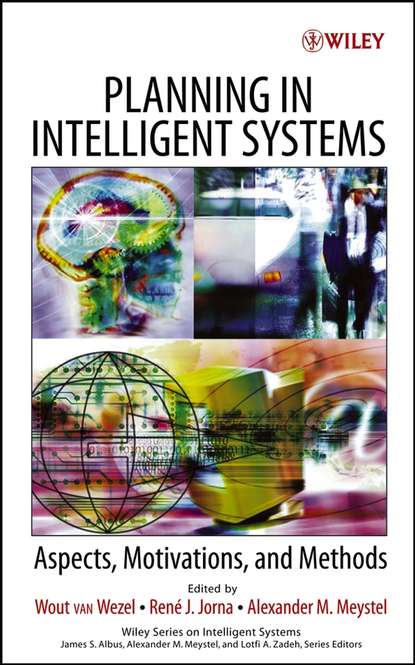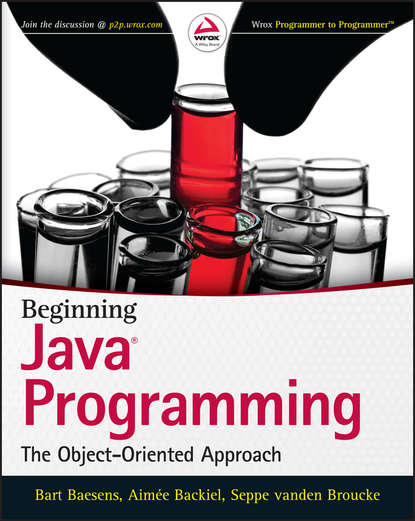"Планирование в интеллектуальных системах" - первое сравнительное исследование парадигм планирования. Авторы исходят из принципа, что способность предвидеть и планировать - важнейшая черта интеллектуальных систем, будь то человек или машина. Они также полагают, что лучшее планирование приводит к большим достижениям. Опираясь на эти принципы, книга дает читателям инструменты для более глубокого понимания процесса планирования и становления лучшими планировщиками.
Книга разделена на две части:
-
Теоретическая часть обсуждает доминирующие школы мысли в области планирования: психологию, когнитивную науку, организационные науки, информатику, математику, искусственный интеллект и теорию систем. В частности, рассматриваются общее и различия между целями, методами и приемами этих подходов к планированию. В итоге достигается лучшее понимание процесса планирования через взаимообогащение идей.
-
Практическая часть посвящена кейс-стади железных дорог Нидерландов. Читатели учатся применять теорию к реальной ситуации и обнаруживают, как расширение репертуара методов планирования может помочь решить, казалось бы, неразрешимые проблемы.
Книга призвана не только расширить используемый набор инструментов планирования, но и позволить читателям эффективнее их применять. Она бросает вызов читателям - посмотреть на новые подходы и поучиться у новых школ мысли.
"Планирование в интеллектуальных системах" предлагает эффективные подходы к планированию для исследователей, преподавателей, студентов и практиков в области искусственного интеллекта, информатики, когнитивной психологии, математики, а также промышленных планировщиков и менеджеров.
Электронная Книга «Planning in Intelligent Systems» написана автором R. Jorna J. в году.
Минимальный возраст читателя: 0
Язык: Английский
ISBN: 9780471781257
Описание книги от R. Jorna J.
The first comparative examination of planning paradigms This text begins with the principle that the ability to anticipate and plan is an essential feature of intelligent systems, whether human or machine. It further assumes that better planning results in greater achievements. With these principles as a foundation, Planning in Intelligent Systems provides readers with the tools needed to better understand the process of planning and to become better planners themselves. The text is divided into two parts: * Part One, «Theoretical,» discusses the predominant schools of thought in planning: psychology and cognitive science, organizational science, computer science, mathematics, artificial intelligence, and systems theory. In particular, the book examines commonalities and differences among the goals, methods, and techniques of these various approaches to planning. The result is a better understanding of the process of planning through the cross-fertilization of ideas. Each chapter contains a short introduction that sets forth the interrelationships of that chapter to the main ideas featured in the other chapters. * Part Two, «Practical,» features six chapters that center on a case study of The Netherlands Railways. Readers learn to apply theory to a real-world situation and discoverhow expanding their repertoire of planning methods can help solve seemingly intractable problems. All chapters have been contributed by leading experts in the various schools of planning and carefully edited to ensure a consistent high standard throughout. This book is designed to not only expand the range of planning tools used, but also to enable readers to use them more effectively. It challenges readers to look at new approaches and learn from new schools of thought. Planning in Intelligent Systems delivers effective planning approaches for researchers, professors, students, and practitioners in artificial intelligence, computer science, cognitive psychology, and mathematics, as well as industry planners and managers.



















